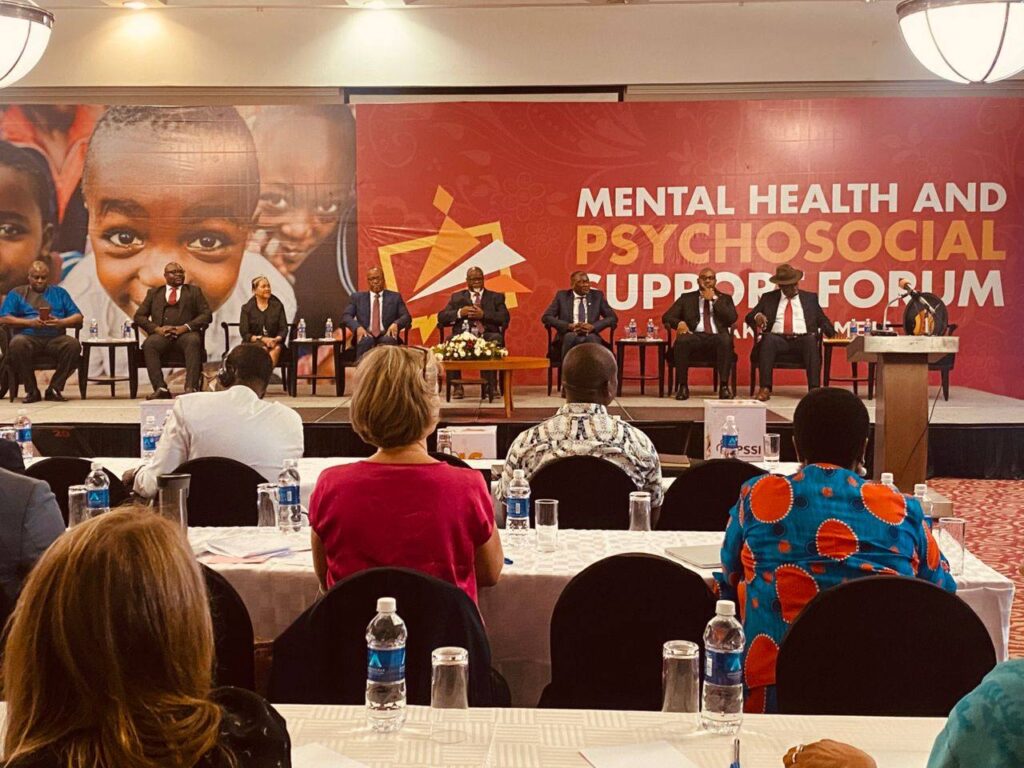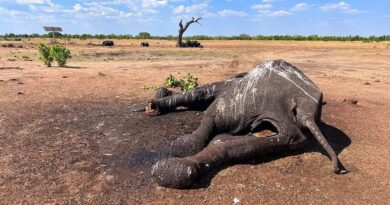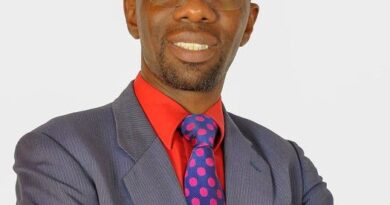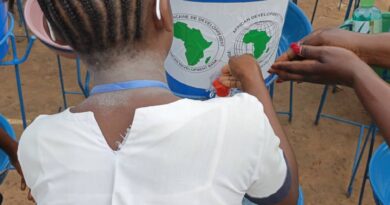Children’s Mental Wellbeing Key to National Development
President Hakainde Hichilema has underscored the vital role of children’s and young people’s mental wellbeing in driving Zambia’s national development agenda, describing it as a cornerstone for the country’s long-term progress.
Speaking through Health Minister Elijah Muchima, who represented him at the official opening of the 8th Mental Health and Psychosocial Support Forum in Lusaka, President Hichilema said the wellbeing of children must remain a priority in all sectors of national planning.
The forum, themed “See Us – Amplifying the Voices of Africa’s Children and Young People,” brought together policymakers, researchers, and child rights advocates to discuss strategies for strengthening psychosocial support systems across the continent.
President Hichilema cited data from the Zambia Statistics Agency and other national reports highlighting a combination of challenges affecting young people, including limited access to adolescent-friendly health services, the persistent threat of HIV, an increase in non-communicable diseases, and the growing psychosocial pressures linked to these factors.
“The pressure on our education system and the urgent need for robust psychosocial support for both learners and teachers are evident,” he said.
He noted that government is translating the forum’s theme into tangible action by investing strategically in health, education, and social protection, recognising that mental health is deeply interconnected with overall wellbeing and economic resilience.
In the health sector, President Hichilema said Zambia is strengthening its primary healthcare system to ensure equitable access to quality services, including Sexual and Reproductive Health and Rights (SRHR), HIV prevention and treatment, and mental health care. He added that this includes training and deploying qualified health personnel to ensure that every child or young person in distress can access timely support.
On education, the President said schools remain the first line of psychosocial defence, adding that government is committed to promoting safe and supportive learning environments.
“Our policies focus on equitable access to quality education for every child, especially the girl child. We are recruiting more teachers and investing in their wellbeing,” he stated.
Meanwhile, House of Chiefs Chairperson, Chief Choongo, said traditional leaders are ready to partner with government and civil society organisations to influence positive behavioural change at the community level.
“As chiefs, we are available even in hard-to-reach areas. We can help integrate ideas that promote health and wellbeing into our communities, especially those with cultural relevance,” Chief Choongo said.
And REPSSI Regional Board Chairperson, Ms Gigi Gosnell, said the organisation, which operates in 13 countries across Eastern and Southern Africa, continues to prioritise children’s health and education through African-rooted approaches that respect indigenous knowledge systems.
She added that this year’s forum provides a space for radical inclusion, where researchers, policymakers, and children themselves can engage meaningfully to ensure that young voices are recognised as catalysts for change.
“Every child deserves to be seen, heard, and supported. Their voices should be treated as agents of transformation,” Ms Gosnell said.
The 8th Mental Health and Psychosocial Support Forum aims to strengthen collaborative action across Africa to improve mental health outcomes and ensure no child is left behind.



